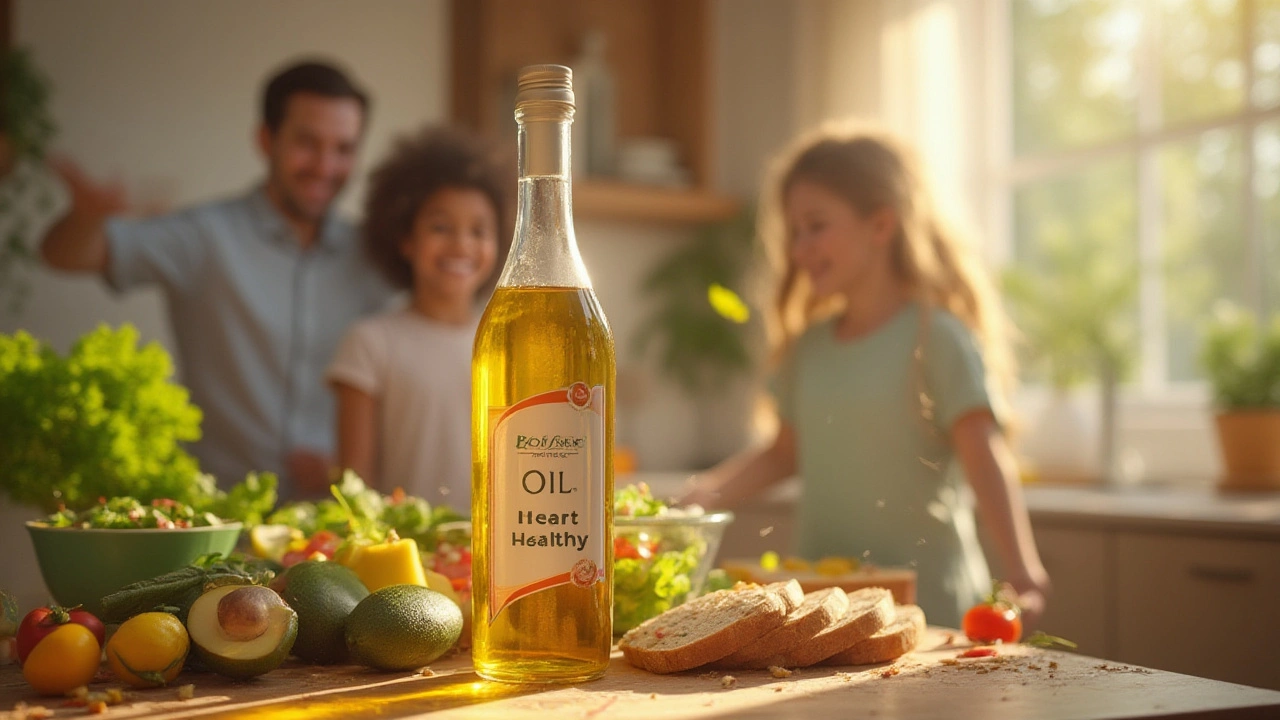Healthy Fats: Why They’re Good for You and How to Use Them
Ever hear the phrase “good fats” and wonder if it’s a myth? The truth is that not all fats are created equal. Healthy fats—mostly unsaturated fats—support heart function, brain health, and even weight management. Swapping a few bad choices for the right fats can lift your energy levels and keep cravings in check.
Unsaturated fats break into two groups: monounsaturated (MUFA) and polyunsaturated (PUFA). Both types lower bad cholesterol (LDL) and raise the good kind (HDL). Plus, PUFAs include omega‑3 and omega‑6 fatty acids that help reduce inflammation, a key factor in many chronic diseases.
Top Sources of Healthy Fats
Here are some everyday foods that pack a healthy‑fat punch:
- Olive oil – perfect for dressings and low‑heat cooking.
- Avocados – creamy, versatile, and full of MUFAs.
- Nuts – almonds, walnuts, and pistachios give you crunch plus omega‑3s.
- Seeds – chia, flax, and pumpkin seeds are tiny but nutrient‑dense.
- Fatty fish – salmon, mackerel, and sardines are top omega‑3 sources.
- Nut butters – peanut, almond, or cashew butter spread on toast adds flavor and fats.
These foods are easy to find and work in most meal plans. The key is portion control; a handful of nuts or a tablespoon of oil is enough to reap benefits without piling on extra calories.
Easy Ways to Include Healthy Fats Daily
Adding healthy fats doesn’t require a kitchen overhaul. Try these quick swaps:
- Use olive oil instead of butter for sautéing veggies.
- Top your morning oatmeal with sliced avocado or a spoonful of nut butter.
- Snack on a mixed‑nut trail mix rather than chips.
- Replace mayonnaise with Greek yogurt mixed with a dash of olive oil for sandwiches.
- Swap a sugary dessert for a small bowl of berries drizzled with melted dark chocolate and a sprinkle of crushed walnuts.
If you love salads, add a tablespoon of seeds or a few slices of avocado for texture and a fat boost. When cooking fish, finish with a squeeze of lemon and a drizzle of flaxseed oil for added omega‑3s.
Remember, the goal isn’t to eat huge amounts of fat but to replace unhealthy fats (like deep‑fried foods and processed snacks) with these nutrient‑rich options. Over time, those small changes add up, making your heart happier, your brain sharper, and your waistline more manageable.
So next time you shop, grab a bottle of olive oil, a bag of mixed nuts, and a few fresh avocados. Incorporate them into at least one meal a day, and you’ll start feeling the difference without any complicated diet plans.
Soybean Oil Benefits: A Natural Supplement for Healthier Living
Discover how soybean oil can be a natural dietary supplement for boosting heart health, energy, and skin. Learn facts, tips, and the science behind its benefits.
Read more